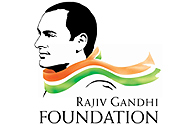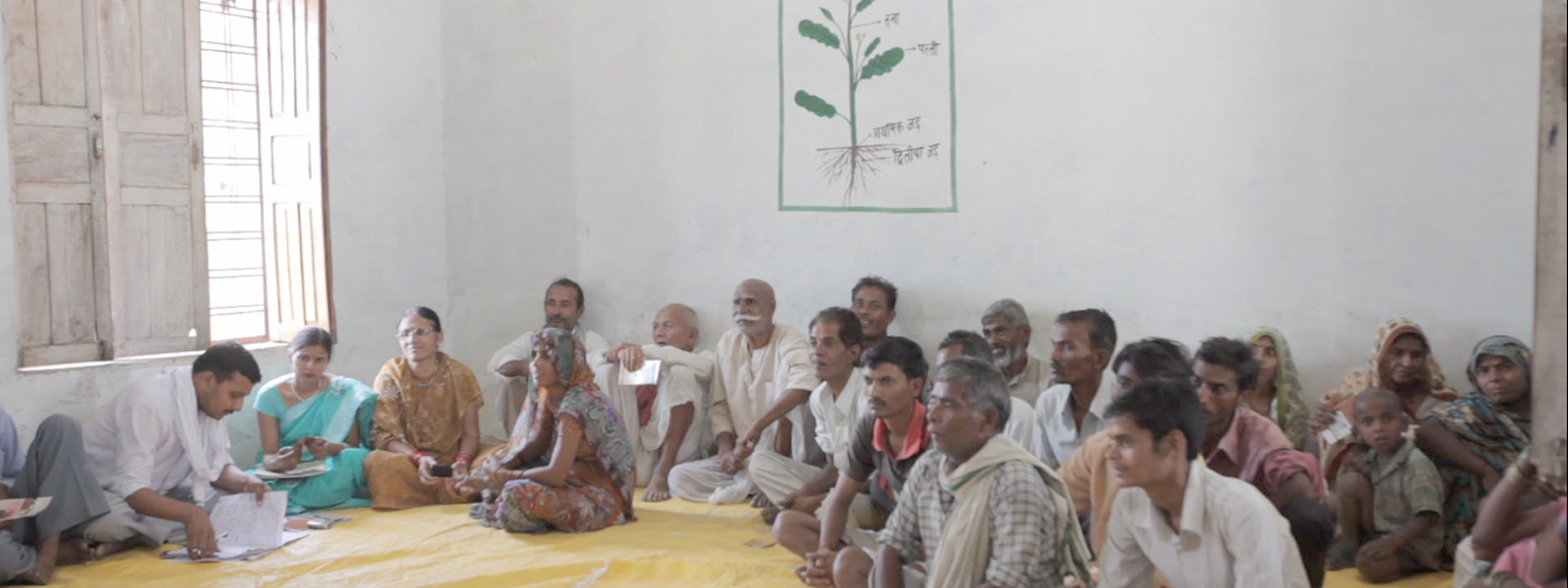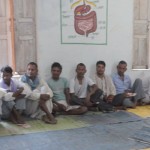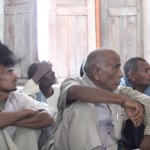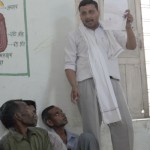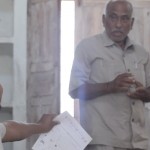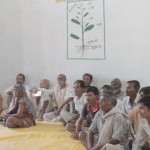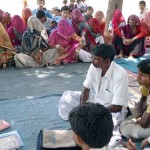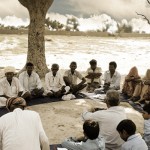Decentralization of Education Governance
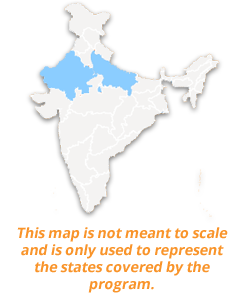
The Decentralised Education Governance (DEG) programme was conceptualised in 2010 to build and strengthen structures to enable decentralised planning, starting from the school and village levels, to consolidate a bottom-up process. Recognising that the Panchayati Raj institutions (PRIs) are truly the representative bodies of the community at various levels of governance, the programme aimed to strengthen the institutional capabilities of the school management committees and standing committees for education in the PRIs at the gram panchayat, block and district levels. The approach utilised the school as an unit of social transformation and the community as the agent of change. The programme also actively sought collaborations with identified NGOs and governments. During 2010–15, the Foundation designed and implemented its key education programmes at scale. A summary is presented below:
| State | Districts (Nos) | Blocks (Nos) | Gram Panchayats (Nos) | Schools (Nos) |
|---|---|---|---|---|
| Rajasthan | 5 | 45 | 447 | 2,752 |
| Uttar Pradesh | 11 | 140 | 1,832 | 5,499 |
| Total | 16 | 185 | 2,279 | 8,251 |
The DEG programme impacted than 8,000 schools in the states of Uttar Pradesh and Rajasthan. More than 7,000 Shikshan Gram Sabhas, 2,000 gram panchayat meetings, 6,000 SMC trainings and 300 block-level meetings were conducted as part of the programme. These processes reached out to more than 4.5 lakh students, 1.2 lakh parents, 16,000 government officials and 22,402 elected representatives in the gram panchayats. The on-going implementation had a positive impact on enrolment, attendance, infrastructure, teachers’ access, and community involvement in school management.
Embedded within this programme is the Wonderoom concept of a learning space for children. This project, which has been created within the premises of the Foundation, invites and encourages children to participate in various periodic activities including reading sessions, summer camps, workshops for theatre and music, etc. By engaging in the Wonderoom, the programme team also enhances its understanding of the different dimensions of learning.
